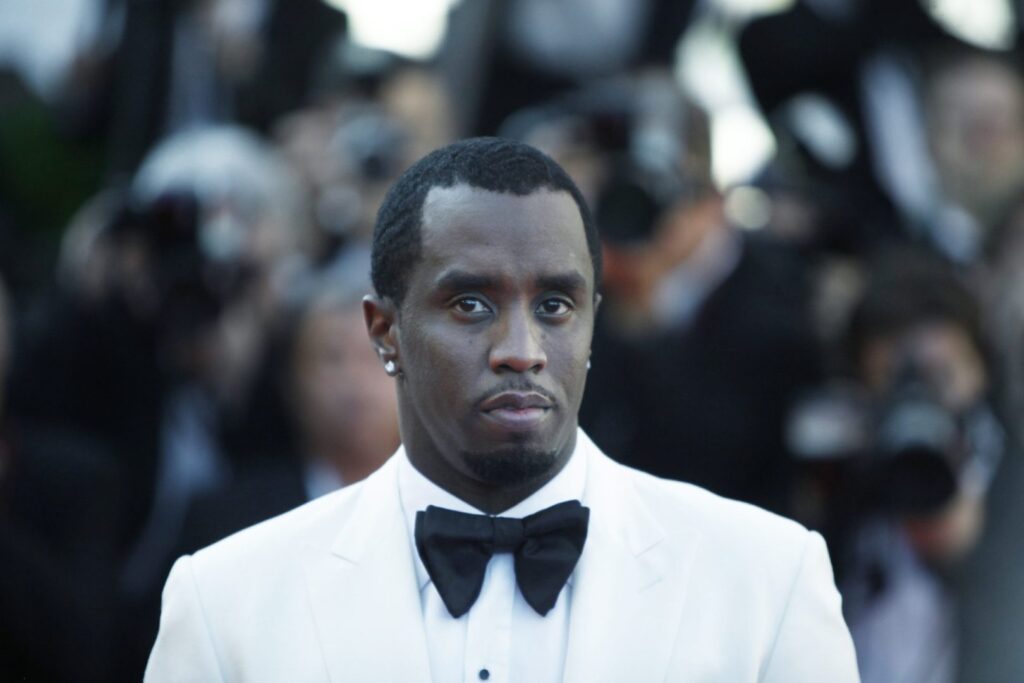In a significant development in the ongoing legal battle involving Sean “Diddy” Combs, Adria English, the woman accusing him of sexual assault, has lost her legal representation. Her attorneys have requested to withdraw from her case, citing irreconcilable differences.
English, a former adult film star who performed under the name Omunique, filed a police report in Miami in August. She alleged that Diddy coerced her into sexual acts with guests at his parties, claiming grooming and sex trafficking. Her allegations include being given ecstasy-laced drinks and forced into intimate situations at parties in Miami and the Hamptons.
On Oct. 2, 2024, English’s attorneys, Ariel Mitchell-Kidd and Steven A. Metcalf, filed a formal request in a Manhattan federal court to withdraw from representing her. They cited a fundamental disagreement with English regarding various aspects of the litigation, including settlement demands and strategies.
In a phone interview with the New York Times, English confirmed she was seeking new legal representation. She expressed dissatisfaction with her former attorneys’ approach, stating, “I’m the client; you work for me.”
One major point of contention was the instruction for English not to engage with the media. Mitchell-Kidd expressed frustrations, saying she never lost faith in the case, but had issues with English undermining her work and acting incongruently with advancing the case.
Diddy remains in custody at a Brooklyn jail, following a judge’s order to detain him until trial. His representatives have labeled English’s claims as false and baseless, arguing she is using high-profile events to harm innocent individuals.
Reports from Texas indicate that other alleged victims have contacted lawyers, claiming sexual abuse by Diddy. This suggests the allegations may extend beyond English’s claims, potentially leading to more legal challenges.
The situation raises important questions about accountability and the legal process in sexual assault cases. It highlights the challenges faced by accusers navigating the complexities of the legal system, especially when dealing with high-profile figures.
As the case progresses, it will be crucial to monitor how these developments impact not only the individuals involved but also the broader conversation about sexual assault and supporting accusers.
The dynamics between English and her former attorneys underscore the challenges faced in high-stakes legal battles, particularly in cases involving allegations of sexual misconduct. As more information emerges, the implications for all parties involved will become clearer.
This case continues to draw public attention, especially as new allegations surface and English seeks new representation. It highlights the complex interplay between legal strategies, client-attorney relationships and media involvement in high-profile cases.
The broader implications of this case may influence public perception of how sexual assault allegations are handled in the entertainment industry. It also underscores the importance of ensuring that accusers have access to stable and effective legal representation.
As the legal proceedings unfold, the case may set precedents for how similar situations are handled in the future, potentially influencing both legal practices and public discourse surrounding sexual assault allegations.

